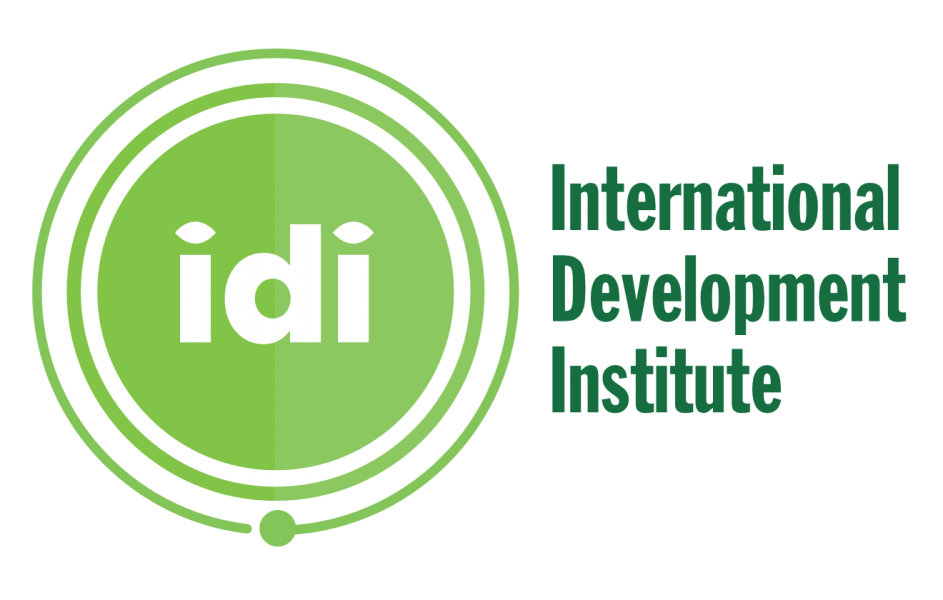Research Clusters
Trade, Industrialization and Migration
This cluster will explore the implications of sparse industrialization for trade, employment creation and skills formation. Without a strong manufacturing base, there will be no industrialization of note, and no broad development to speak of. The prospects of industrialization have a bearing on migration that is a major feature in some countries as a consequence of lack of employment and by extension lack of development. At the same time, the trajectory of the expanding informal economy is a major feature of African economies that should be closely studied.
The Governance, Citizens’ Engagement and Conflict Management
Here we explore the synergy between Governance and Development and explain why certain systems and approaches yield more successful development outcomes, and assess the performance of developmental states and how citizens’ engagement enhances the development process. Most governance and development processes encounter conflicts that need analysis and management. Issues of democratization, accountability and transparency are crosscutting in the study of governance and its symbiosis with development, and of the role of citizens in those processes.
Aid, Social Policy and Development
Development Aid remains topical in development discourse. Central to this discourse is the increasing focus on social policy as a new cornerstone for development through enhanced capabilities and opportunities for accelerating poverty reduction and reducing inequalities. The effectiveness of development aid will be one of the principal issues for investigation. The synergies between varieties of aid need to be explored to deepen understanding, and set an agenda for rethinking aid, social policy strategies in relation to Africa’s development.
Gender, Youth and Development
Most development discourses tend to marginalize gender, youth and minority groups such as people living with disabilities (PLWDs). Yet they constitute the majority of developing country populations. Despite talk of a demographic dividend that will make Africa a continent with the youngest population, and potentially the largest youngest labour force, the youth have not been a focus of studies. How development policies and programmes can be re-oriented to respond to the aspirations and needs of youth, women and the PLWDs will be explored. Revamping skills training and entrepreneurial support for these groups will be explored. ‘best practices’ by these social groups will be especially encouraged.
Natural Resources Management, Environment and Climate Change
Although the abundance of natural resources in most countries in Africa is well known, those resources have not enabled them to become ‘developed’ and wealthy societies. This cluster will explore the conundrum of co-existence of natural resource riches and poverty, the forms and implications of the resource ‘curse’, and the consequences of resource exploitation for the environment and climate. Some of the examples of natural resources are land, forestry, fisheries, wildlife and minerals like diamonds, gold and oil. How these resources are managed has a direct impact on the development process, on ecology and resource distribution as well as on issues of equity and corruption.
Culture, Values, Institutions and Development
Culture, values, language and institutions have a central role in shaping approaches to and implementation of development. There is therefore need to explore how relationships and dynamics between culture, traditions, values and institutional structures facilitate or impede the development process. IDI will analyze values influencing contesting visions and practices of development, and also unpack ideologies that motivate dominant development approaches and institutions.
